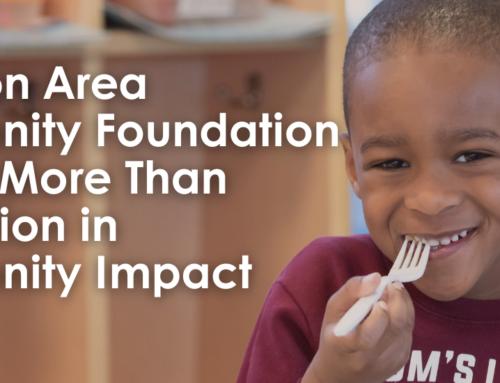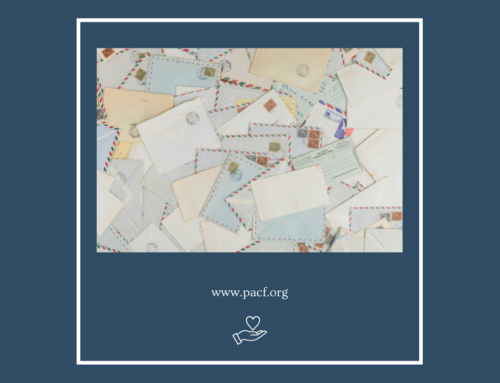For many donors, the importance of a multi-generational family philanthropy plan is high on the radar, especially in the wake of 2020’s eye-opening events highlighting the importance of supporting important social and community priorities.
How do you know if your family is a strong candidate for more formal philanthropic planning, beyond simply budgeting for annual gifts to charity?
- Have you started thinking about multi-generational participation in your family’s favorite causes but do not yet have any formalized plans?
- Has your family publicly demonstrated a long-term charitable commitment to at least three charitable organizations?
- Does your family own a multi-generational family business, creating the opportunity for corporate giving and values to serve as inspiration for your family’s charitable plans, even beyond your family’s ownership of the business?
- Does your family have the capacity to give more than $25,000 per year to charity, and has your family expressed or demonstrated enthusiasm and willingness to do so?
- Have at least five of your family members across two or more generations shown an interest in philanthropy?
A comprehensive philanthropy plan often starts with establishing a gift structure, typically in the form of either a donor-advised fund or a private foundation. Although there are benefits and advantages of each, the donor-advised fund option has become increasingly popular because of its favorable tax treatment, simplicity of administration, and flexibility.
By contrast, private foundations typically appeal to families who want to engage directly in charitable activities, hire family members as employees to operate the foundation’s day-to-day business and receive salaries, run their own grant programs to support individuals, grant directly to international efforts, and are willing to manage complex, annual tax filings with the IRS, which often require significant professional fees.
A common myth, however, is that families who wish to collaborate across generations on grant making and impact are better suited for a private foundation. The reality is that families can work together to determine and execute a philanthropic vision, mission, and grants from the family’s charitable structures, whether a donor-advised fund, private foundation, or both.
When a family establishes a donor-advised fund at the Community Foundation, for example, the Community Foundation’s professional staff can support the family in areas of philanthropic expertise well beyond the administrative duties that are built into donor-advised fund services provided through the community foundation.






